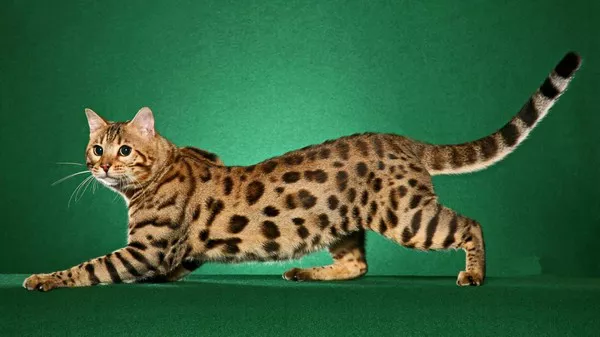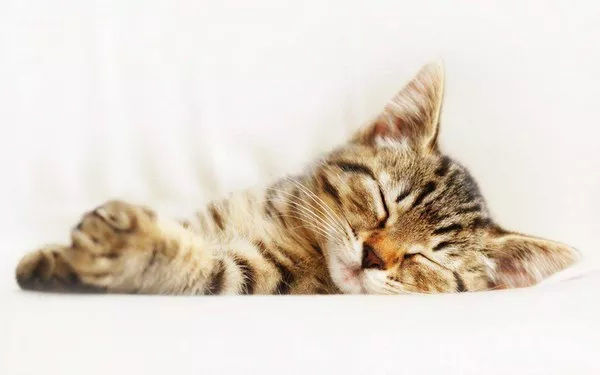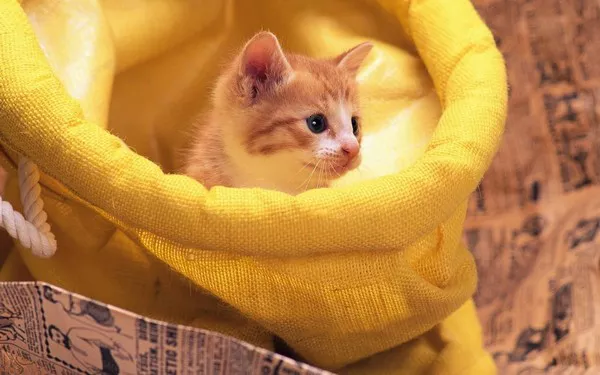Bengal cats are a popular breed of domestic cats known for their striking appearance, including their distinctive leopard-like spots and their playful and intelligent personalities. If you are considering adding a Bengal cat to your family, one question you may have is how long do they live? In this article, we will discuss the average lifespan of Bengal cats and factors that can affect their longevity.
The average lifespan of a Bengal cat is between 12 to 16 years, although some cats have been known to live into their late teens or early 20s with proper care and attention. Factors that can influence a Bengal cat’s lifespan include their genetics, diet, environment, and access to veterinary care.
Genetics play a significant role in determining a cat’s lifespan, and Bengal cats are generally considered a healthy breed with a relatively long lifespan. However, like all cats, they are susceptible to certain health issues, including hypertrophic cardiomyopathy (HCM), a genetic heart condition that can lead to heart failure. To reduce the risk of HCM and other genetic health issues, it is important to choose a reputable breeder who conducts health screenings on their breeding cats and kittens.
Diet is another important factor in a Bengal cat’s lifespan. A balanced and nutritious diet that meets their specific nutritional needs is essential for their overall health and longevity. Feeding your Bengal cat a high-quality, protein-rich diet can help support their muscle development and maintain a healthy weight, which can reduce the risk of obesity-related health issues.
The environment in which a Bengal cat lives can also impact their lifespan. Indoor cats generally live longer than outdoor cats, as they are not exposed to the same risks and hazards such as traffic, predators, and exposure to disease. Providing a safe and stimulating indoor environment for your Bengal cat can help ensure their safety and well-being.
Access to veterinary care is another crucial factor in a Bengal cat’s lifespan. Regular check-ups and preventative care, such as vaccinations and parasite control, can help identify and treat health issues before they become more serious. It is important to establish a relationship with a trusted veterinarian and schedule regular check-ups for your Bengal cat.
In addition to genetics, diet, environment, and veterinary care, there are several other factors that can impact a Bengal cat’s lifespan, including their activity level, stress levels, and overall quality of life. Providing your Bengal cat with regular exercise, mental stimulation, and affection can help keep them healthy and happy, which can improve their chances of a long and fulfilling life.
In conclusion, the average lifespan of a Bengal cat is between 12 to 16 years, although some cats can live into their late teens or early 20s. Factors that can impact a Bengal cat’s lifespan include genetics, diet, environment, access to veterinary care, and overall quality of life. By providing your Bengal cat with a healthy and stimulating environment, regular veterinary care, and lots of love and attention, you can help ensure they live a long and happy life by your side.


























